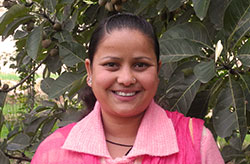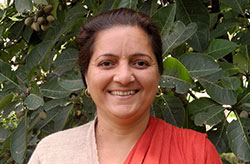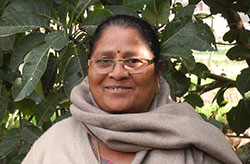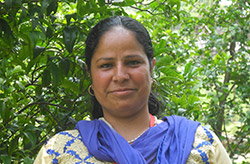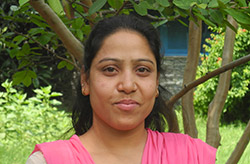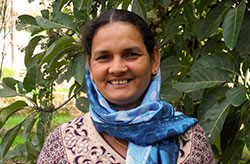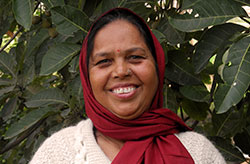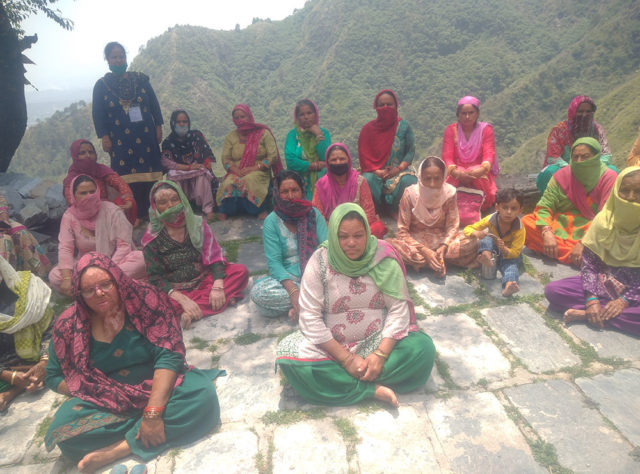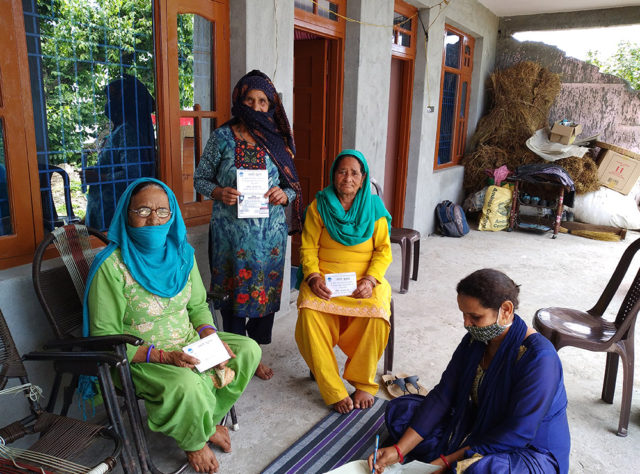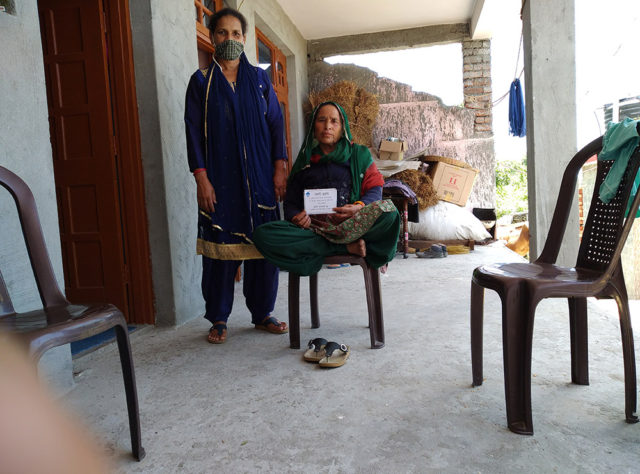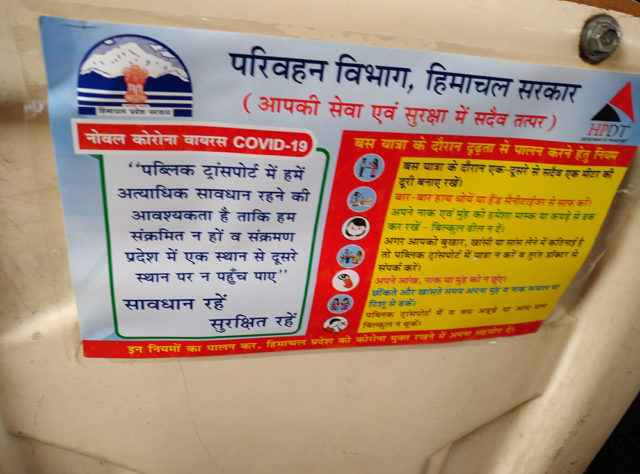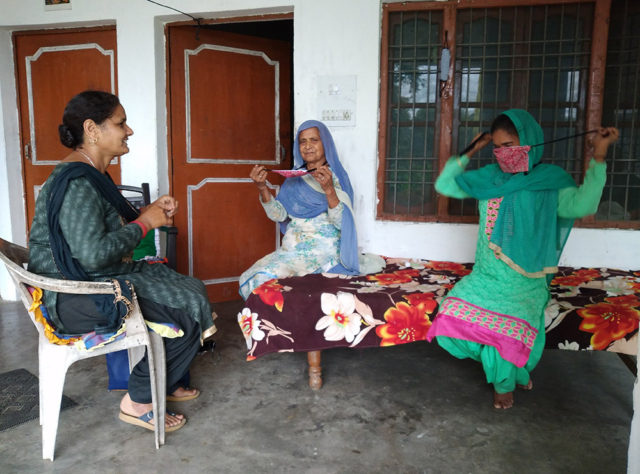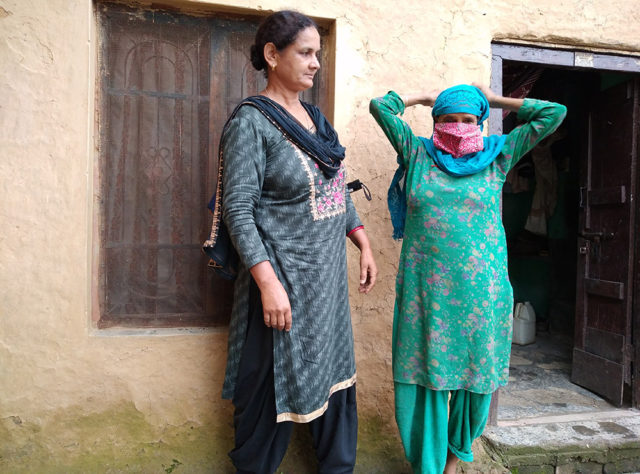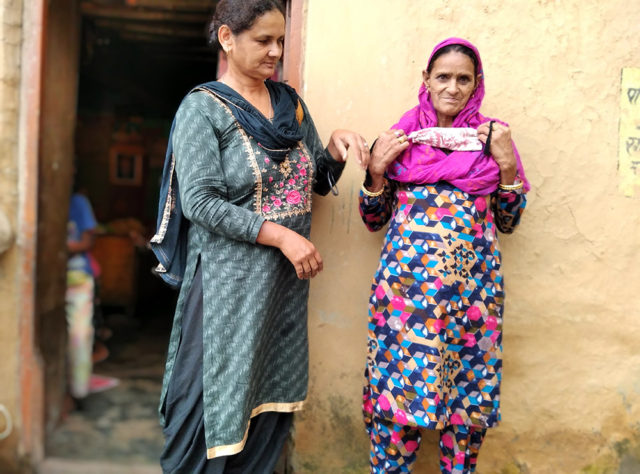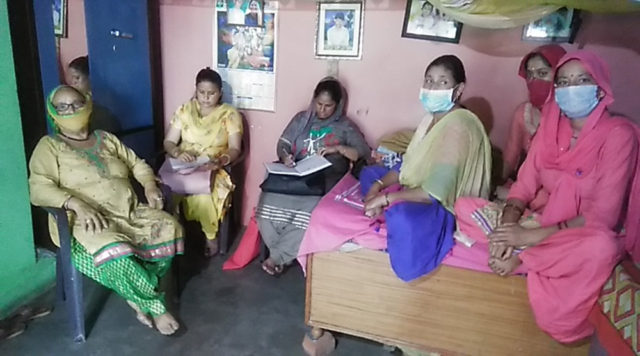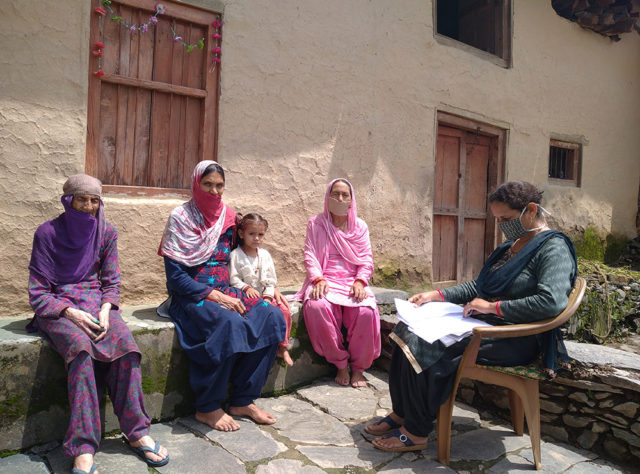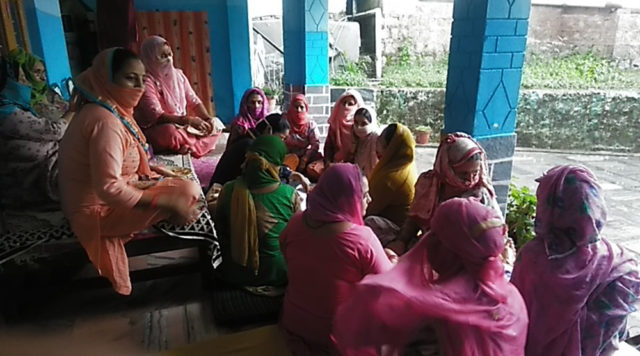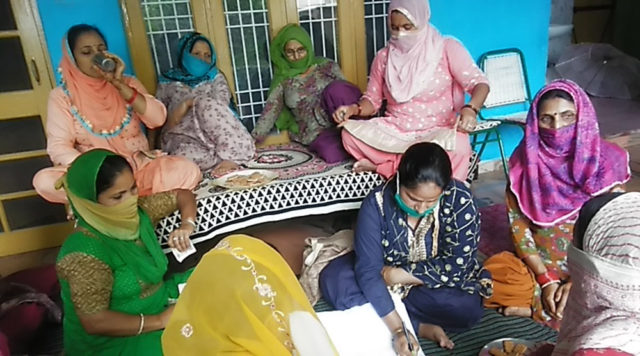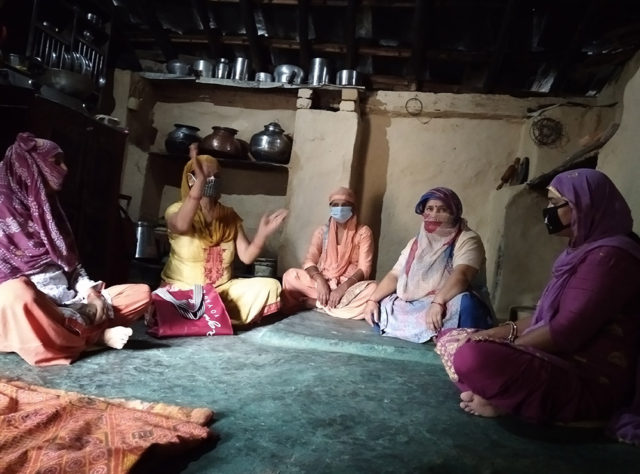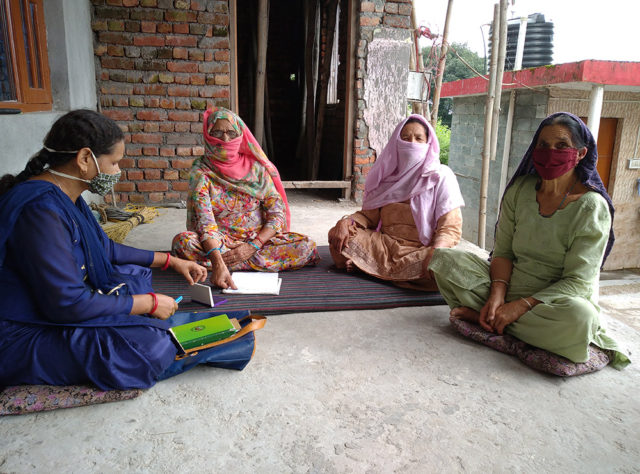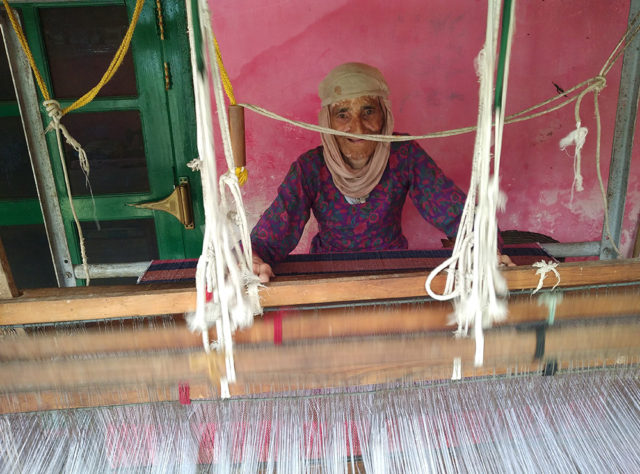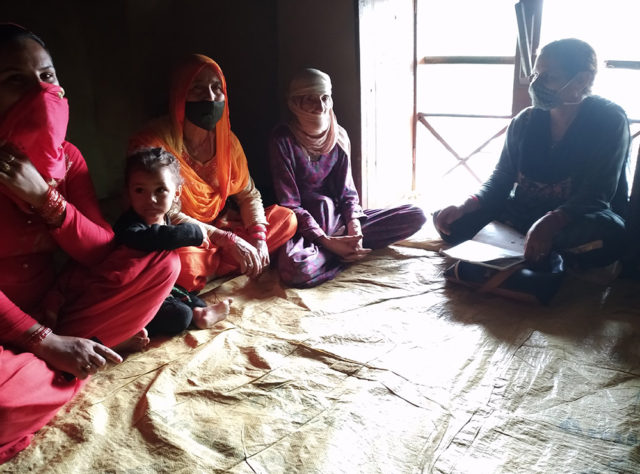Single Women in society
The term Single Women (Ekal Nari) refers to all women who live outside the norm of marriage. It includes widowed women, divorced and abandoned women, and never-married women who are above the customary age for marriage. In India the main task of women is to get married, produce children (preferably male) and nurture the family. If a wife loses her husband through death or abandonment, it is considered her fault and she is socially de-valued. If she leaves him, by casting off her role as a wife she is considered dangerous to society. Equally, society considers that a woman who fails or elects not to get married is very strange and the object of scornful curiosity. These are traditional views commonly held in India, not only in village society but also in many urban, even educated communities. They are the gut reaction of the general population and as such they impact enormously to reduce women’s capability and strength.
Several women’s organizations in India have conducted activist research projects and created spaces for single women to identify their common concerns and to address their collective needs: most significantly, Jagori (primary office in Delhi) and Astha (based in Rajasthan). In so doing, they have forwarded the category “single woman”. However, until Nishtha took up the cause of single women, no such project had been undertaken in this area.
Single Women Staff
Nishtha’s Work with Single Women
In June 2005 Nishtha held the first of a series of workshops held to identify and empower single women in the area. This was joined by experienced facilitators and representatives from the recently formed Single Women’s Movement in Rajasthan. Single women suffer numerous economic and social difficulties as well as emotional and physical abuse, particularly from family members, and consequently require tremendous strength and courage to negotiate the challenges of their daily lives. Many of the issues that we are finding through contact with the women can be addressed most effectively through the creation of a space for single women to discuss their collective and individual concerns. Nishtha provides this space and has built and effective support network by organising regular meetings in the villages and encouraging women to become involved in our programmes and activities, tailored to meet their needs.
Nishtha commenced working in three areas of Kangra District in cooperation with SUTRA, the nodal agency for the single women’s programme in Himachal Pradesh in 2008. Together we built a strong team receiving guidance and training from SUTRA who have worked effectively, extending our reach into 70 panchayats and contacting over 2,000 single women, particularly in remote areas.
In 2019, because of the difficulties of communication and travel and because our team are very experienced now, Nishtha single women’s group has been running independently of SUTRA in our area. This has enabled us to re-launched the data collection and registration of women through the Nishtha administrative office drawing us closer to the real difficulties and particular problems experienced by the women in our area and enabling us to focus on resolving them. Our activists are now integrated with the Nishtha clinic and community centre staff, joining our meetings and holding their monthly team meetings in the Community Centre in which they share experiences and plan the coming month program.
We continue to work steadily to empower single women and establish local groups connected with a national body of single women. We aim to increase the impact of single women’s collective voice and to change society’s stereotypes concerning them. The group pressures the central government to address the problems of single women, to enable women to benefit from government schemes, to provide legal help for single women and to encourage the women to help each other, actively raising their voices against violence.
Nishtha Activists Work in the Villages
Our activists organise monthly meetings in every Panchayat (village area) and a block level meeting, held either in the villages or at Nishtha every six months. During these meetings we draw in single women, register them and hear their problems. We provide information about their rights, government schemes and explore ways they can get financial and other help. We take effective steps to address immediate problems such as legal issues, domestic violence and health problems.
The Programme works actively against domestic violence, dealing with individual cases as well as empowering all women to stand up against abuse especially in the family. Wenlido Workshops are a very effective way of providing vulnerable single women with a means to stand up against violence.
Nishtha has been working on a number of health interventions specifically targeting single women including heart, dental and gynaecological camps. In particular we run a regular mobile health education programme in which, twice a week, the team takes off from the Nishtha Clinic and visits remote villages which do not have good medical facilities. Our purpose is to provide people with information and advice about how to deal with medical problems as well as some medical consultation. Women are able to ask questions and learn about their ailments and those with serious problems are advised where to go for help.
The government provides a number of helpful schemes through which single women are able to access help with daughter’s weddings, house repairing and income generating equipment such as sewing machines and computer training. The Red Cross and Lions Club also from time to time run various programmes to help deprived women. Our team keeps themselves well informed about these and does a great deal of work to help the women fill out the application forms and provide all the documentary evidence required to show their eligibility for these schemes. They have had particular success gaining pensions, below poverty line ration cards and reduced rate medical insurance cards for a great many deserving poor women.
Our activists also help individual women with legal cases or if there is a family dispute or case of domestic violence. In order to maintain pressure on the local officials to consider the single women’s pension and legal cases, we hold public hearings so that the women are able to voice their grievances. Already much has been achieved towards changing society’s attitudes towards single women both on a local and a National level.
Giving single women a forum to work for improvements encourages them to feel less isolated and helpless so they can stand up with courage in a group.
Programmes held throughout the year during which the women enjoy getting together include celebrating International Women’s day on March 8th and Widow’s day on June 23rd. Since 2018 we have also been celebrating Bhean Dooj (sisters blessing day) on 1st November.
Nishtha has provided training for women of all ages in Wenlido self-defence. We have made particularly sure that all our single women are able to take care of themselves in difficult situations and know their boundaries and rights. Empowerment and leadership trainings are regularly held and last year we introduced sessions on non- violent communication.
Single Women Door-to-Door COVID-19 Support
Single Women’s Programme Annual Reports
Click here for Nishtha Single Women’s Programme Annual Report 2019-2020
Click here for Nishtha Single Women’s Programme Annual Report 2018-2019
Click here for Nishtha Single Women’s Programme Annual Report 2017-2018
Click here for Nishtha Single Women’s Programme Annual Report 2016-2017
Click here for Nishtha Single Women’s Programme Annual Report 2015-2016
Click here for Nishtha Single Women’s Programme Annual Report 2014-2015
Click here for Nishtha Single Women’s Programme Annual Report 2013-2014
Click here for Nishtha Single Women’s Programme Annual Report 2012-2013
